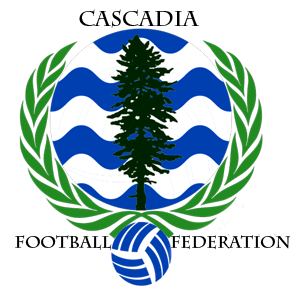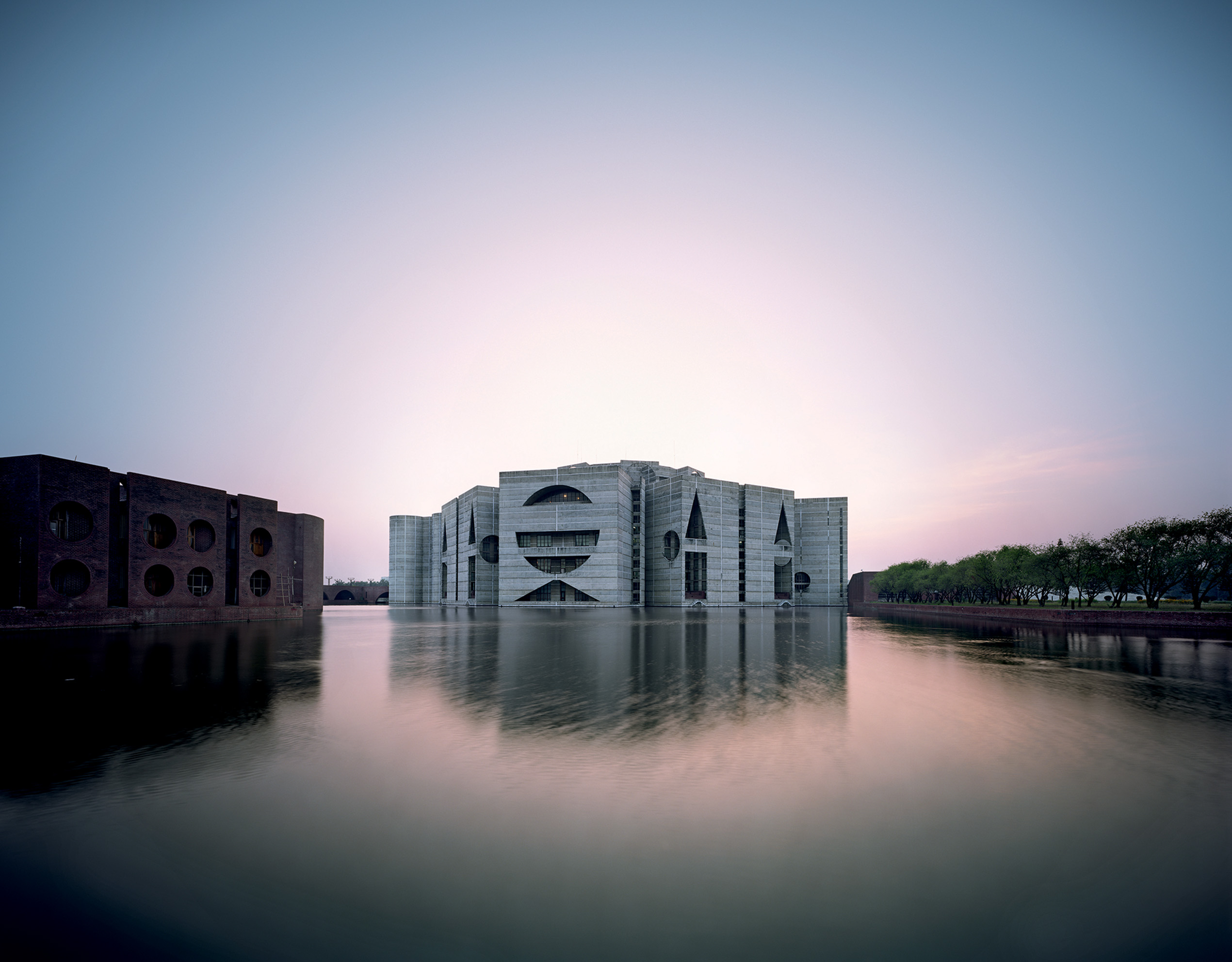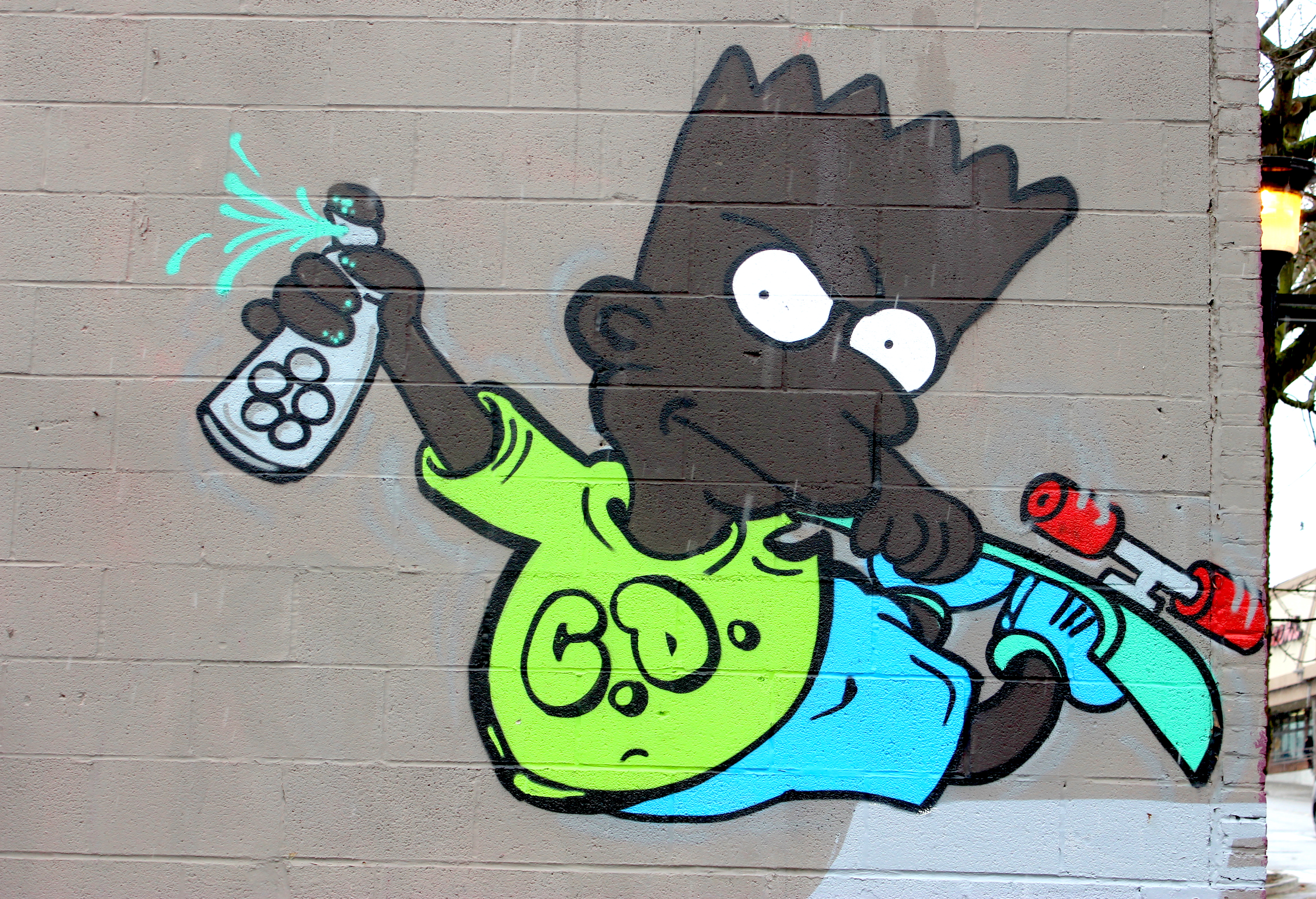Cascadian independence has officially been recognized… kind of.
Over the weekend, it was announced that the Cascadia Association Football Federation (CAFF) was officially recognized as a provisional member by the Nouvelle Federation-Board. The NF-Board, unofficially called the “Non-FIFA Board” is comprised of “teams that represent nations, dependencies, unrecognized states, minorities, stateless peoples, regions and micronations not affiliated to FIFA.” To give you an idea, Tibet, the Romani People, and Darfur are all represented in the Board.
Casacadia, for those unfamiliar, is a theoretical nation that extends from Canadian British Columbia down to Oregon. The Portland Timbers are known to salute the Cascadian flag at games. The CAFF would be a “representative team” rather than a national team. Its first meeting was held in January in the Seattle headquarters for locally made soccer-themed energy drink, Golazo.
The crown jewel of the NF Board is the VIVA World Cup, an “international” competition organized every two years between NF-Board affiliated teams. Fans of the Seattle Sounders, Portland Timbers, and Vancouver Whitecaps may get to watch its players compete against Greenland, Occitania, and 2012 Champions: Kurdistan.
Padania, “an unofficial football team promoted by the Italian political party Lega Nord which claim it represents eight northern regions of Italy,” currently holds the most tournament trophies, with three championship cups to its name.
Psh. We can take ‘em.
If this all seems goofy to you, that’s probably because the VIVA World Cup is indeed pretty goofy. The history of VIVA is full of mishaps and disorganization. At the first championship, held in 2006 and hosted in the unofficial Southern European nation of Occitania, 12 of the 16 initial teams slated for the championship ended up dropping out due to a mix of visa issues and insufficient travel funding. In the final championiship match that year, the Sapmi team (made up of the native Sami people of Northern Scandanavia) absolutely destoryed Monaco for the win, 21-1. In each proceeding tournament, the number of teams has slowly increased. Last year’s 2012 Cup had the most participating teams on record, with 9 teams competing.
The final championship game scores have certainly leveled out a bit more as well. Last year’s Kurdistan victory versus Western Sahara was an ever slightly more reasonable 6-0.
Despite the inherent goofiness, the Cascadian team seems to be gaining some real traction.
Alexi Lalas, ESPN Announcer, retired United States National Team member, and National Soccer Hall of Famer is in talks to coach the nascent Cascadian National team. On Twitter, he wrote he would be “honored” to coach. The potential player pool for the team has upwards of 100 candidates thus far, which include Seattle Sounders midfielder Justin Solomon. According to the release, “the team itself will likely be made up of amateur, semi-pro and professional players, and does not interfere with their play-ability in other matches.” Quebec is apparently already courting the CAFF for its first inagural match.
Cascadia’s new national team will make its first debut at the 2016 VIVA World Cup, but until then, it still has plenty of details to hash out.
Either way, our region’s thriving soccer community has one more thing to shout about come 2014. Here’s to hoping we can beat Greenland.








